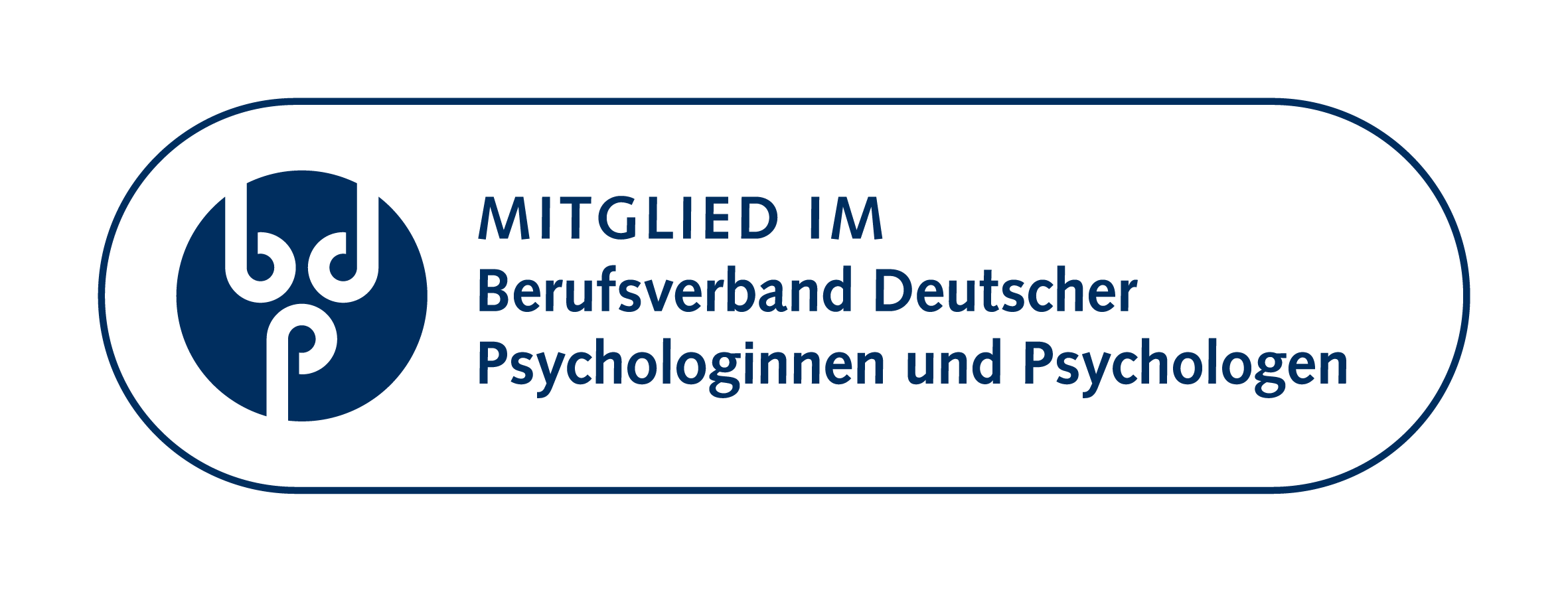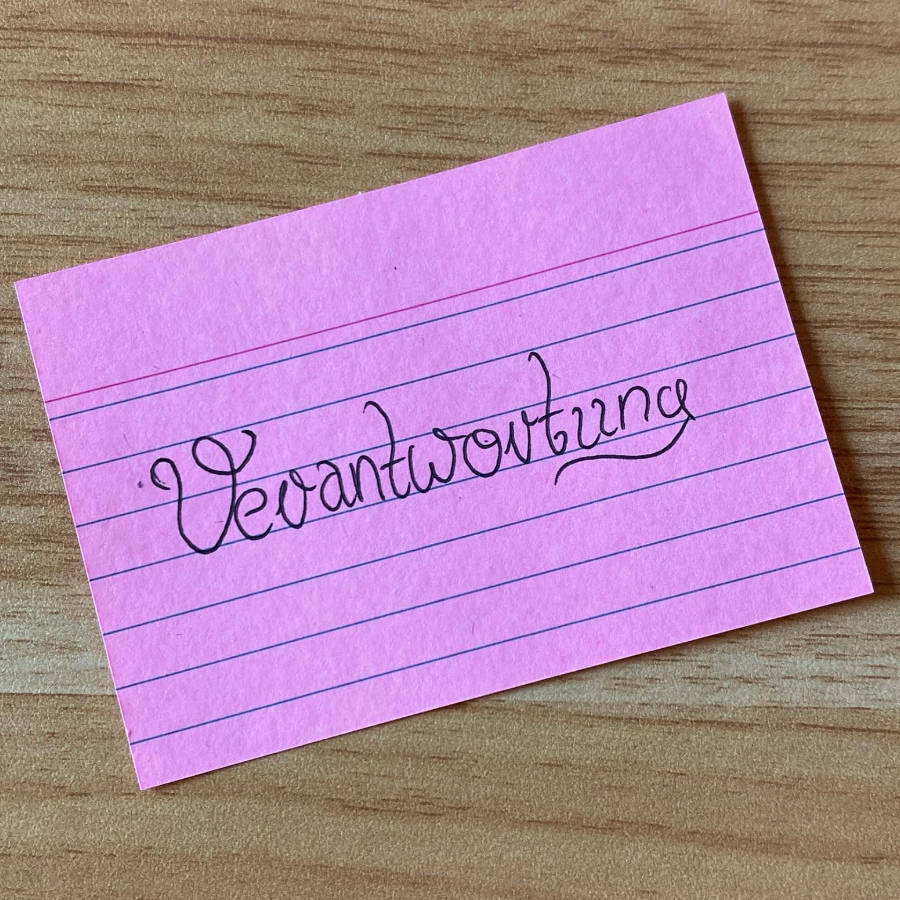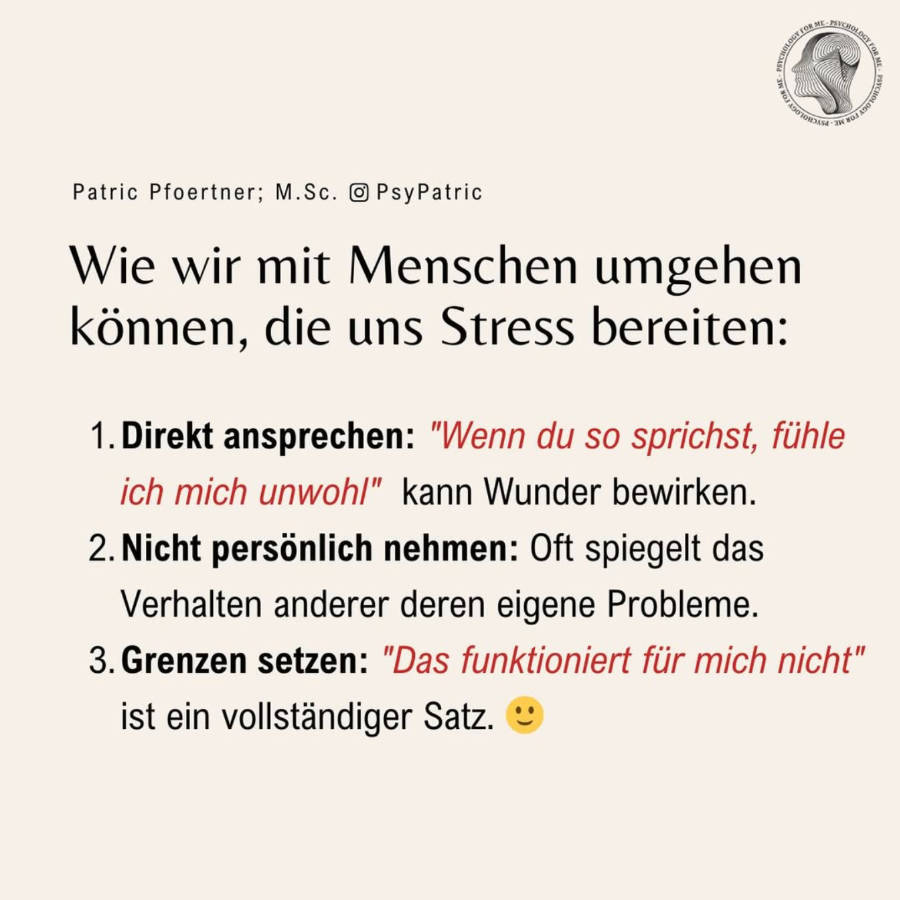It's natural to feel a pang of concern when your partner interacts closely with others, but when these feelings escalate into constant suspicion or control, they can erode the very foundation of your relationship. Our feelings of jealousy can be complex, often stemming from deeper insecurities or past experiences. Taking a moment to understand these emotions is a powerful step towards fostering healthier connections and greater peace of mind.
This self-assessment, the "Relationship Trust & Jealousy Assessment," is designed to gently guide you through an exploration of how jealousy might be manifesting in your life. It's a tool for self-reflection, offering clarity without judgment.
This test is about understanding:
- The behaviors and thoughts associated with jealousy in romantic relationships.
- How insecurity and possessiveness might influence your interactions with your partner.
- Areas where fostering greater trust and healthy communication could strengthen your bond.
Common Questions About Jealousy
Many people grapple with feelings of jealousy, and it's helpful to shed light on some frequently asked questions:
What is jealousy in a relationship?
Jealousy is a complex emotion that typically arises from a perceived threat to a valuable relationship or to one's self-esteem. In a romantic partnership, it often involves a fear of losing your partner's affection, attention, or loyalty to a real or imagined rival. It can manifest as feelings of insecurity, suspicion, anxiety, anger, and even possessiveness.
Where does jealousy come from?
The roots of jealousy are multifaceted. It often stems from personal insecurity or low self-esteem, where an individual may feel they are not "enough" or are easily replaceable. Past experiences, such as previous betrayals or abandonment, can also contribute to a heightened sense of vigilance. Sometimes, it's linked to attachment styles developed in childhood, leading to anxiety about a partner's commitment. Cultural influences and societal expectations about relationships can also play a role.
How does jealousy affect relationships?
Unmanaged jealousy can be highly detrimental to a relationship. It can lead to controlling behaviors, constant accusations, breaches of trust, and a breakdown in open communication. Partners may feel suffocated, resentful, or constantly under scrutiny, which can erode intimacy and emotional connection over time. Ultimately, it can create a cycle of suspicion and conflict that harms both individuals and the relationship itself.
Can I overcome jealousy?
Absolutely. While challenging, it is entirely possible to learn healthier ways to manage and ultimately overcome intense jealousy. The first step, as you're doing by exploring this assessment, is self-awareness. Strategies include improving self-esteem, practicing open and honest communication with your partner, setting healthy boundaries, challenging irrational thoughts, and building trust. For persistent or severe jealousy, professional guidance from a psychologist or therapist can provide invaluable support and tools to navigate these complex emotions and build a more secure relationship.
Understanding your emotional landscape around jealousy is a journey of self-discovery. This assessment is a starting point, not a destination. If you find yourself struggling with overwhelming feelings of jealousy, remember that support is available. Taking proactive steps to address these emotions is an act of self-care and a commitment to nurturing healthier, more fulfilling relationships. Consider reaching out to a mental health professional if you need further guidance.
























